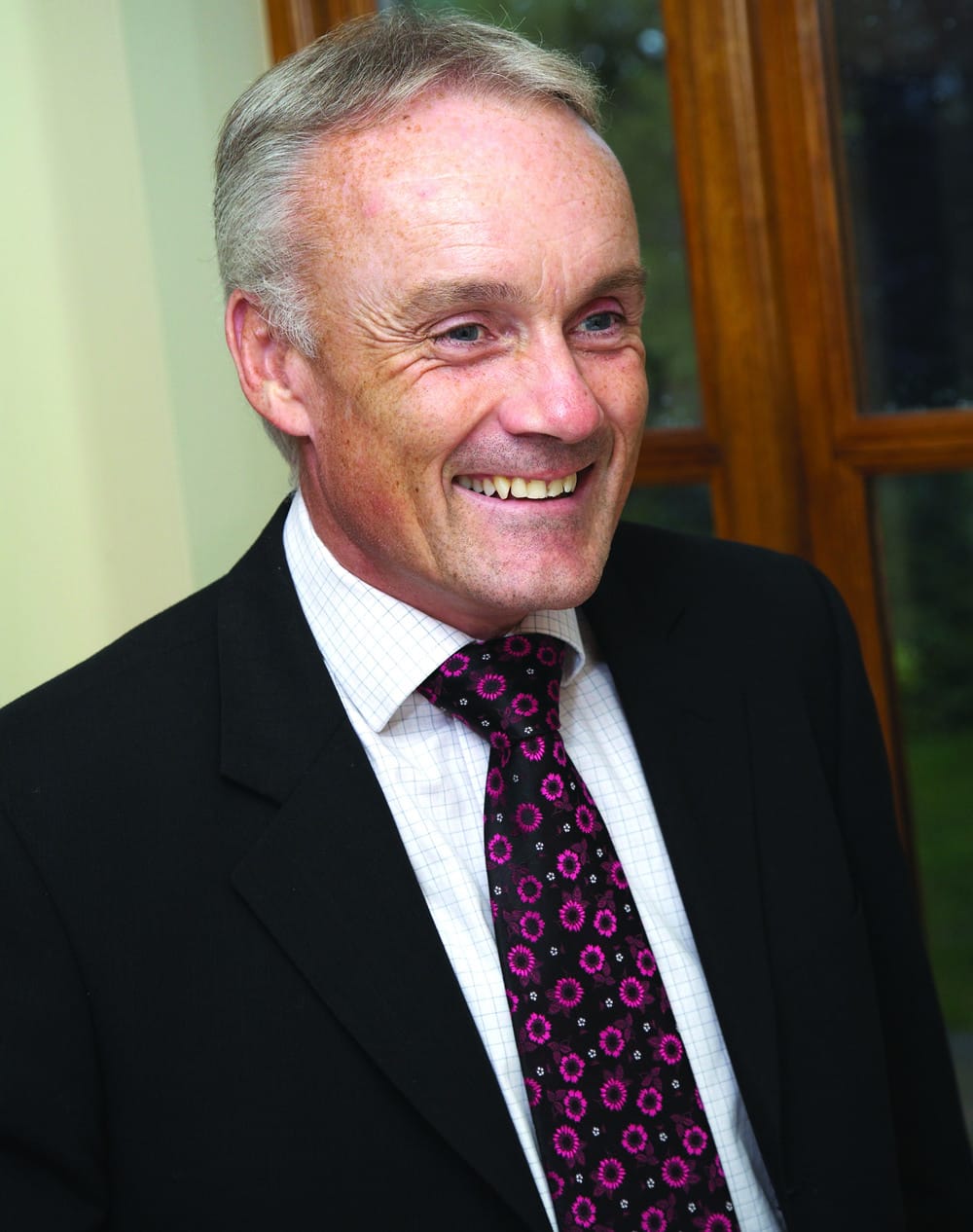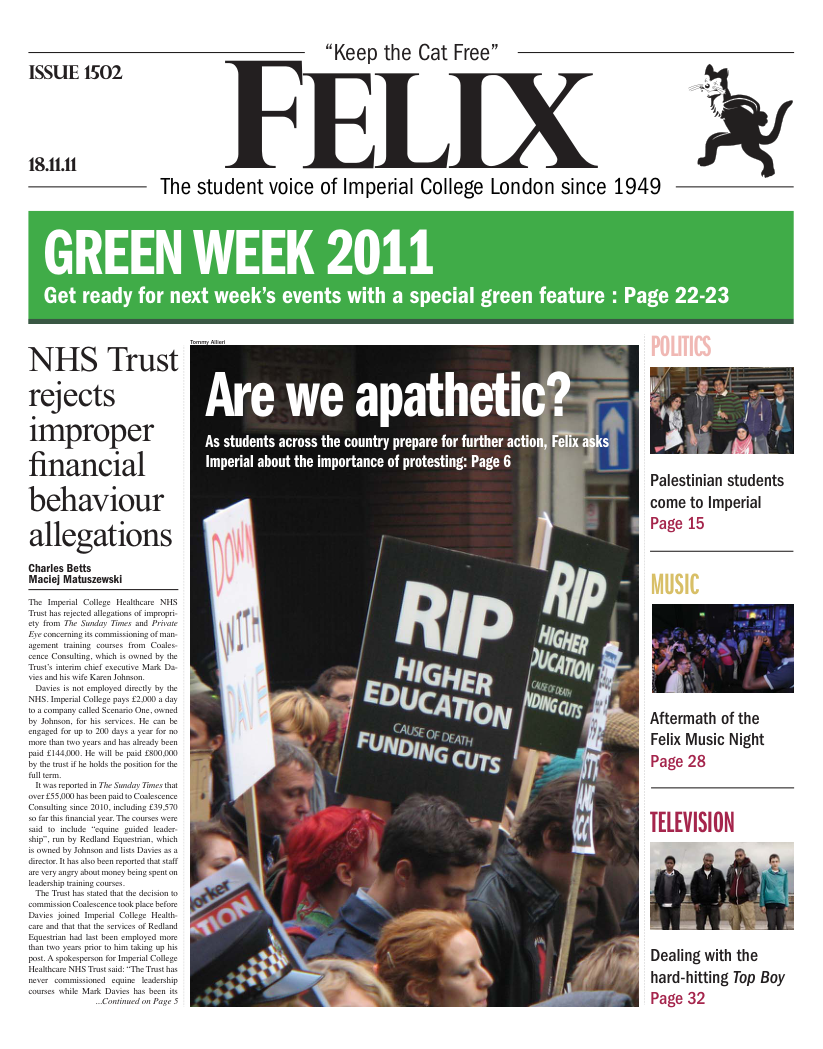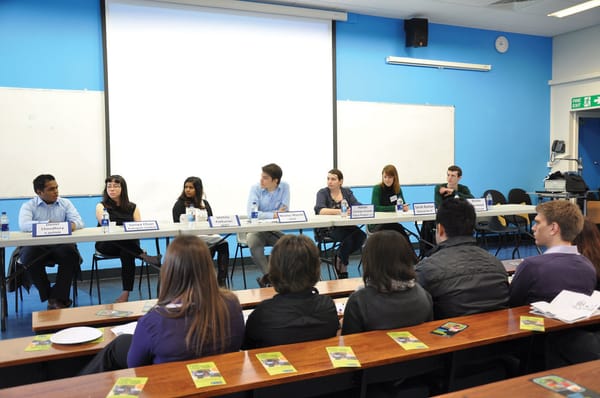NHS Trust rejects improper financial behaviour allegations
Trust responds to news reports

The Imperial College Healthcare NHS Trust has rejected allegations of impropriety from The Sunday Times and Private Eye concerning its commissioning of management training courses from Coalescence Consulting, which is owned by the Trust’s interim chief executive Mark Davies and his wife Karen Johnson.
Davies is not employed directly by the NHS. Imperial College pays £2,000 a day to a company called Scenario One, owned by Johnson, for his services. He can be engaged for up to 200 days a year for no more than two years and has already been paid £144,000. He will be paid £800,000 by the trust if he holds the position for the full term.
It was reported in The Sunday Times that over £55,000 has been paid to Coalescence Consulting since 2010, including £39,570 so far this financial year. The courses were said to include “equine guided leadership”, run by Redland Equestrian, which is owned by Johnson and lists Davies as a director. It has also been reported that staff are very angry about money being spent on leadership training courses.
The Trust has stated that the decision to commission Coalescence took place before Davies joined Imperial College Healthcare and that that the services of Redland Equestrian had last been employed more than two years prior to him taking up his post. A spokesperson for Imperial College Healthcare NHS Trust said: “The Trust has never commissioned equine leadership courses while Mark Davies has been its Chief Executive. Preliminary investigations indicate that there were two half-days in 2008 – more than two years before Mark joined – where a small group of senior clinicians and managers from the Trust attended the equine guided leadership courses. Approximately 15 people in total attended. The purpose of the training was to assist in the development of leadership skills amongst newly formed clinical management teams.
“Imperial College Healthcare NHS Trust (ICHT) commissioned leadership and development services from Coalescence Consulting in line with normal processes prior to the appointment of Mark Davies as interim Chief Executive in May.
“Prior to his arrival at ICHT, Mark Davies resigned as a director of the company. On arrival he declared an interest in the company and he has not been involved in the decision-making regarding the continuation of any services. Taking all relevant factors into account, the Trust has thought it is still appropriate for the company to provide services to the Trust.
“Imperial College Healthcare has made payments to Coalescence Consulting of £39,000 for this financial year. However, this figure does not relate to the commissioning of any equine courses and relates to leadership development training including coaching, facilitation, strategic planning sessions and team development.”
Taking all relevant factors into account, the Trust has thought it is still appropriate for the company to provide its services.
Mark Davies is described as a “Senior Consultant and Executive Coach” on the Coalescence website. Karen Johnson is described as “Managing Director of Coalescence, Board Development and Executive Coach”.
In response to the allegations, Mark Davies wrote an email to all Imperial Healthcare Staff on November 14 that is inline with the response from the spokesperson for Imperial College Healthcare NHS Trust. He concludes: “I hope this clears things up and reassures [the staff] that all the business carried out was completely above board and in line with Trust policies.”
Issues still remain regarding the financial and administrative situation of Imperial College Healthcare, which manages five London Hospitals including Charing Cross, Hammersmith and St Mary’s. The Trust, which the Fulham & Hammersmith Chroniclerecently reported had the seventh highest number of “complaints referred to the Health Service Ombudsman in 2010/2011”, is facing a budget deficit of over £35m. While it rejected claims by made by The Independentearlier this year that it is considering closing down St Mary’s as a result of this shortfall, many will be wondering whether the cash-strapped organisation can afford to be paying tens of thousands of pounds for “leadership development training”.










